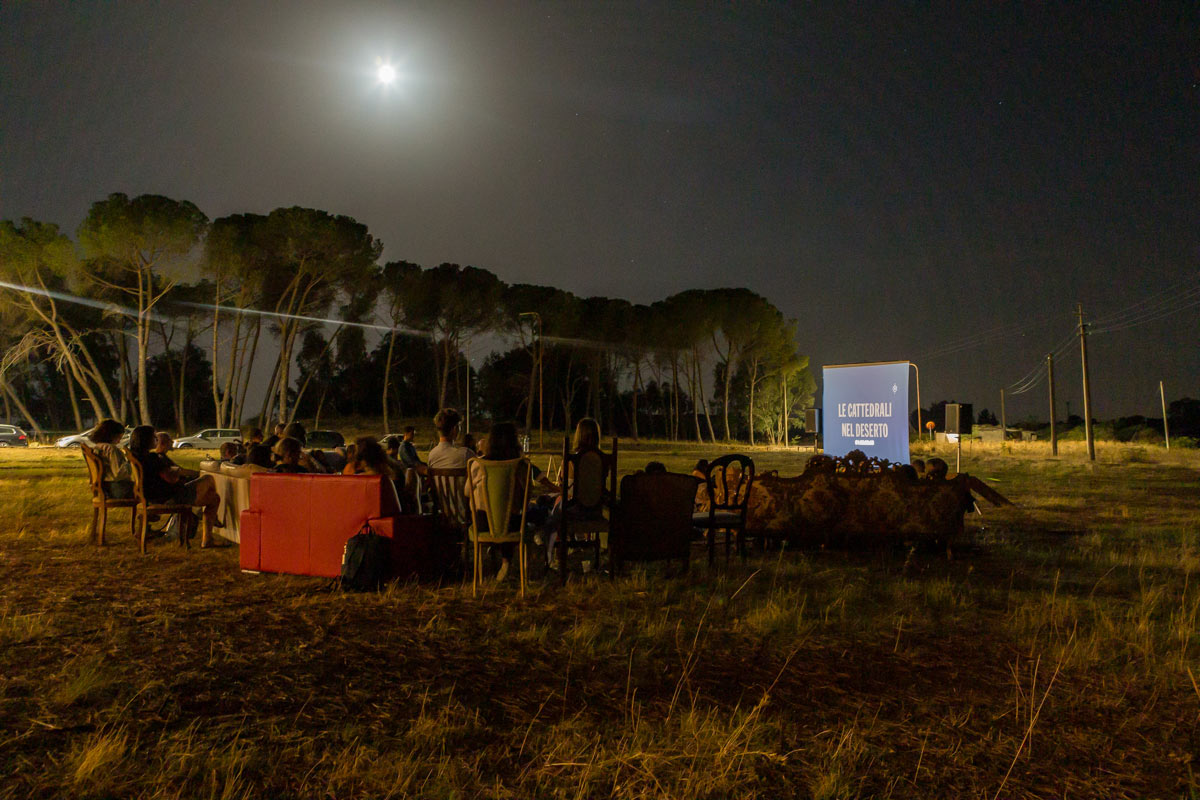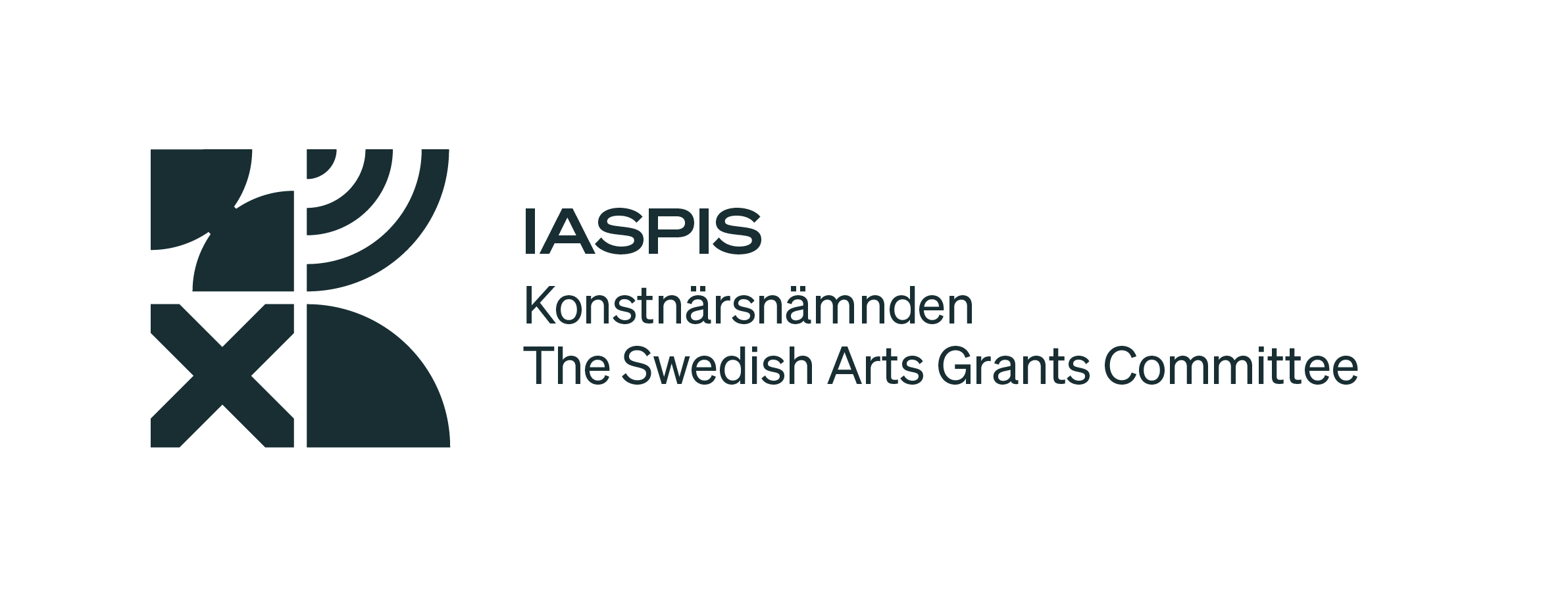wóyde Cineforum
st(r)ay
CATEGORY
The English term vision comes from the Latin noun visio, derivation of visus, past participle of the verb videre, which means “to see”. The ancient Greek οιδα (oida) and the Sanskrit वेत्ति (vétti), among other verbs, came from the same Proto-Indo-European root weid- (that expresses the act of seeing), similarly to the Latin videre, but instead came to signify in turn got the means “to know”. The explanation lies with the Proto-Indo-European verb wóyde, from which all of the three verbs derive, that evolved into “to have seen”, a verb form conjugated to the present perfect and therefore expressing the knowledge production consequent to a past action of seeing. Therefore, in essence: I know because I saw.
Yet, what does each of us see? Has everyone seen the same thing? Far vision, close-ups, distracted passages, microscopes movements, indirect images, clear vision, blurred lines… While we might have shared the same lens, our visions can differ and might be divided. Stemming from the verb divide, division seems to derive from the Latin union between the prefix dus-, which afterwards became dis– and the root vid-, the same root found in videre. Although the prefix disis- is often interpreted as a negation, it could rather be re-understood as suggesting a separation: dis-vision as diverse visions. It is exactly in these dis-visions that we establish our mutual learning and research moment. By confronting dissected visions we are pushed to embrace a plurality of interpretations on the same theme. Besides, in conversation with each other we can en-vision and conceive new imaginaries as well as create new meanings. Triggering our ability to imagine, envisioning means to conceive a thought in one’s mind.
This whole process, thus, is building up precisely the place we strive to create: a safe space where the pluriversalities of reflections raised by the viewing of the video materials can encounter, and where decolonial and demodern futures can be envisioned from this collection of divided visions. wóyde Cineforum is therefore both the name of the (mainly) digital place where the practice is activated, as well as an experimental research tool for investigating the knowledge that can stem from the vision of film materials followed by a collective conversation.
Formerly known as DAAS Cineforum, wóyde Cineforum was conceived out of the wish to maintain, extend and nourish the collective social space and time shared during the postgraduate course Decolonizing Architecture Advanced Studies in the autumn of 2020. For us – Alice Pontiggia, Silvia Susanna and Steffie de Gaetano – st(r)aying together through the Cineforum has become a collective mutual learning practice that has slowly grown through the commitment of the extended DAAS community and beyond.

DAAS Cineforum, 2022 at the Difficult Heritage Summer School, Borgo Rizza, Sicily. Photo by Laura Fiorio
Before each session, the invited guests receive the programmed film via email, so they can watch the proposed selection in their preferred space-time before the scheduled online collective moment, that is precisely the hosting of the forum. Each session is built around one specific topic, emerging from our personal or collective research interests or one which has emerged in conversation. So far, the themes proposed have been: the possibilities of inhabiting a female-manifesting-body; the question: what is home?; (un)learning as a way of understanding architecture; agricultural practices as revolutionary tools; the construction and dismantling of power narratives through propaganda, fictions and buildings; pleasure as eco-sexual activism; and the intrinsic and technical knowledge embedded in matter. Thus far, wóyde Cineforum has organized six sessions, one of which was held in person during the 2022 Difficult Heritage Summer School at Borgo Rizza in Sicily.
Aware that sight can be a dominant sense over the others in the construction of knowledge, especially in Modern-Western societies, wóyde Cineforum’s curatorial approach position itself within the limits of knowledge production that audiovisual material vision allows, but looking also at the possibilities that authors are experimenting within this medium. That’s why each session is tackling its topic through the confrontation of ever contrasting styles, narratives, registers, languages, epoques and geographies.
is a neologism expressing the ongoing act of growing together through desires and struggles, walking along paths gone astray and converging in wandering places. We met by chance during DAAS postmaster and by intuit began working together. Because of love and admiration we continue to support each other’s work, and collaborate when possible. st(r)ay is not a collective, nor wishes to be; it is not a brand, neither a model. It is a mutating relation on a journey in which we – Silvia, Alice and Steffie – are the minimum affective core.
is an architect and art-based researcher based in Rome, Italy. Her practice is situated at the intersection of architecture and experimental filmmaking and her interests are in critical oriented practices, community-driven projects, design research and storytelling. Currently she is exploring the relationship between matter, cultural production, value and memory.
lives as an artisan, architect and artist in Valtellina, Italy. After obtaining a Master Degree in Architecture from Politecnico di Milano and 同济大学 Tongji University, she worked in Mexico and Italy. Her expanded practice is interested in the processes of constitution of cosmologies as eco-techno-symbolic relationships of human and land. She investigates them through writing, metal craft, video, collective laboratories and sound.
is a Dutch-Italian interdisciplinary researcher currently based in Belgium. Her artistic research practice focuses on bridging environmental degradation to colonial and modern legacies through the traces left by material and matter flows, and beyond-human indices. She currently is a doctoral researcher at UHasselt, investigating geologic architectures and landscapes of extraction.
More about wóyde Cineforum (online platform)
DAAS Decolonizing Architecture Advanced Studies www.daas.academy/research/cineforum/
